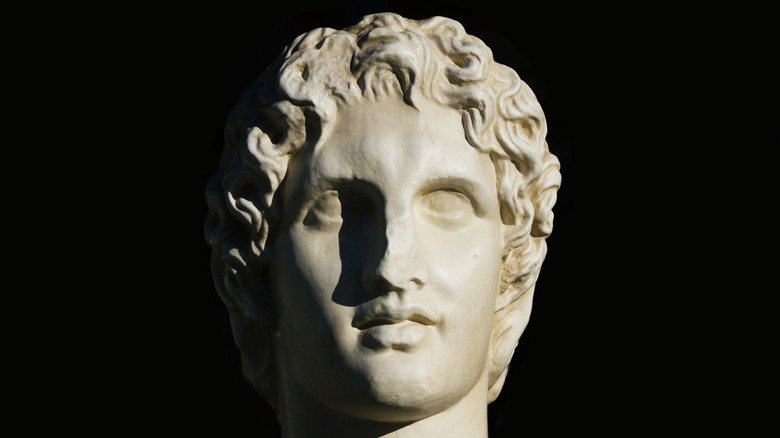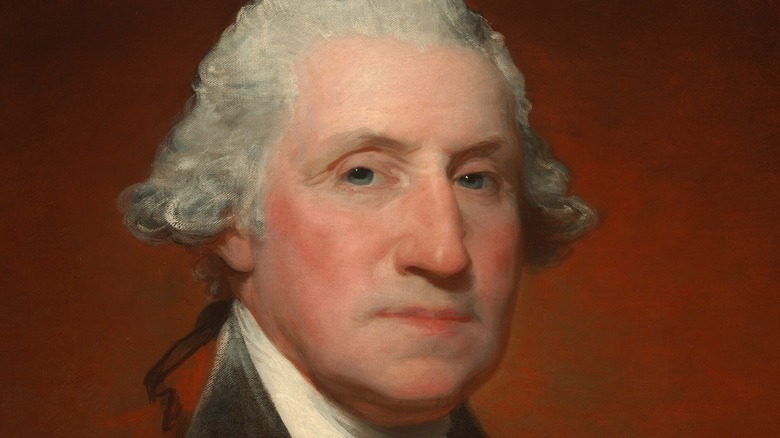
Did Alexander The Great Really Play A Role In His Father’s Murder?
Alexander the Great made a lasting impact on world history through his successful conquest of Greece and the Persian empire. In the 2,000 years since, numerous generals have found inspiration in his achievements. Yet none of what Alexander accomplished would have been possible without the Macedonian Empire his father, Philip II (above), had spent years reforming and cultivating through alliances and conquests of his own. It was under Philip that the feared Macedonian Phalanx was born, its long Sarissa pikes able to easily face the shorter spears of the Greek phalanx (via HistoryHit).
Most of the Hellenic world fell to Philip, and Persia was next on his list of targets when in 336 B.C. he was assassinated (via National Geographic). As far as concrete evidence is concerned, his murder was a consequence of the spite and anger his bodyguard and former lover, Pausanias, felt toward him. However, given the speed with which Alexander consolidated his father’s realm, coupled with his dream of conquering the east, some speculate the future conqueror was involved in the act (via History).
There are several people who could have backed the assassination
Pausanias’ motivations are largely rooted in his assault by a Macedonian nobleman named Attalus, which in turn was revenge for Pausanias having killed a rival lover of Philip. After seeking justice, the king chose to merely send the attacker away to take command of his armies in Anatolia, while Pausanias was awarded the position of a royal bodyguard. The latter hated this arrangement, as he felt the crime had gone unpunished (via Britannica). After the assassination, nothing more than that motive could learned from Pausanias himself, as he failed to escape the blades of the other six guards.
There are no definitive links between Pausanias and those who intended to use his volatile anger for their political gain, including Persian king Darius III, whom Alexander (above) blamed. That being said, the bodyguards who silenced Pausanias were friends of Alexander, and intentionally or not, Alexander certainly wound up benefiting from the murder. He, and not his father, came to effectively rule the entire known world (from a Greek perspective) within a decade. If there was a conspiracy to make Alexander king, it’s also possible that Alexander himself was not aware of it. According to Pothos, Queen Olympias gave Pausanias, her husband’s murderer, proper funerary rites and an ornate tomb, possibly a posthumous reward for his deed.
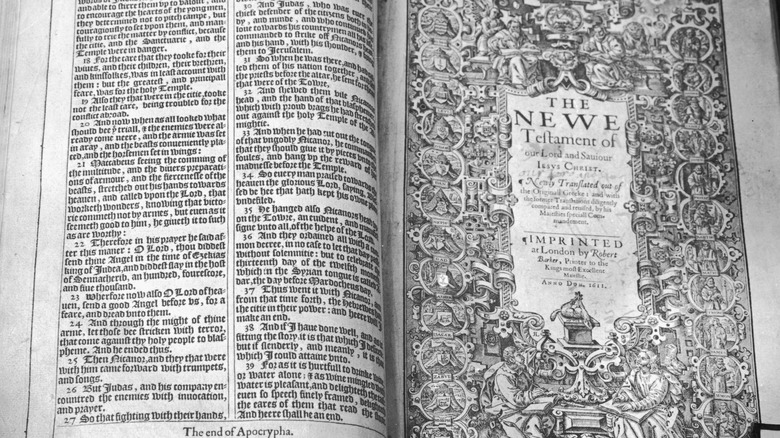
Why Many Christians Prefer The King James Bible

The Dark Truth Behind The Exorcisms Of The Nuns Of Loudun
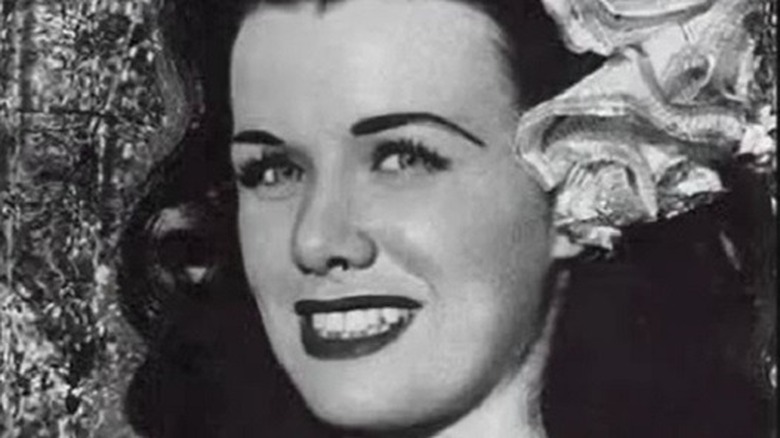
The Mysterious Disappearance Of Actress Jean Spangler

The History Of The Golem Explained

The Truth About The Carefully-Preserved Buildings From The 1893 World's Fair
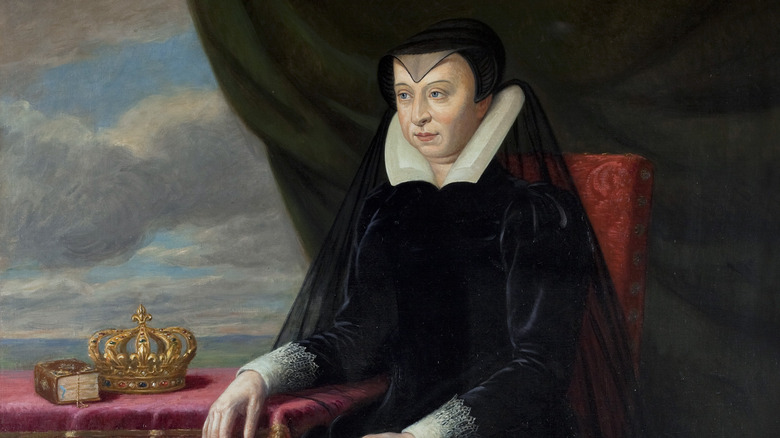
Royalty Who Dabbled In Witchcraft

Here's How Physicians Treated The Black Death

The Mysterious Murder Of Dorothy Jane Scott

The Tragic Death Of Evelyn McHale

The Real Reason D.A.R.E. Never Worked
